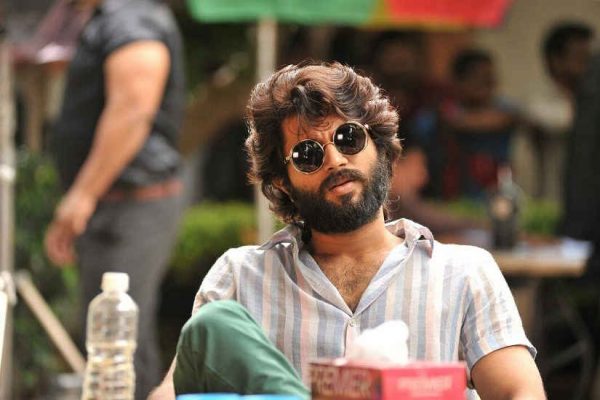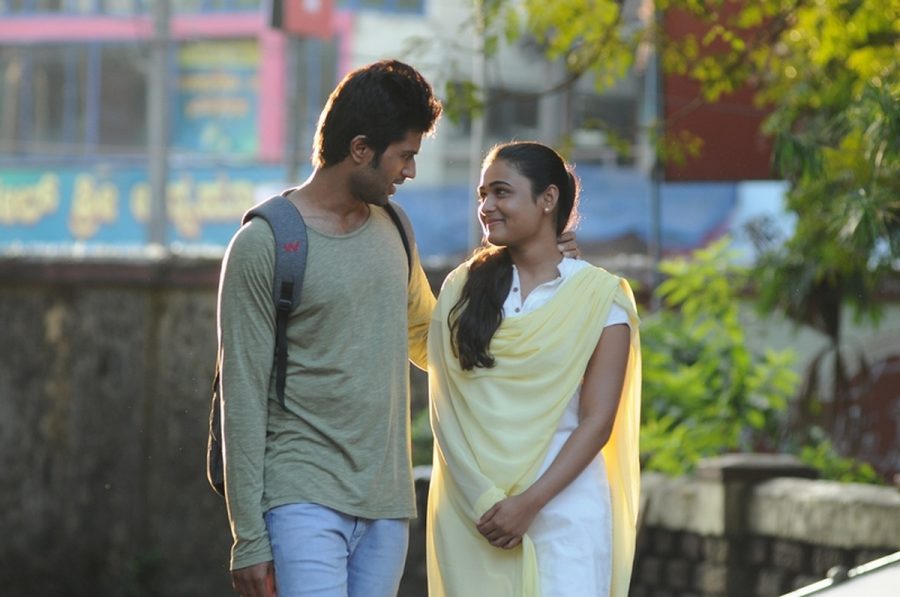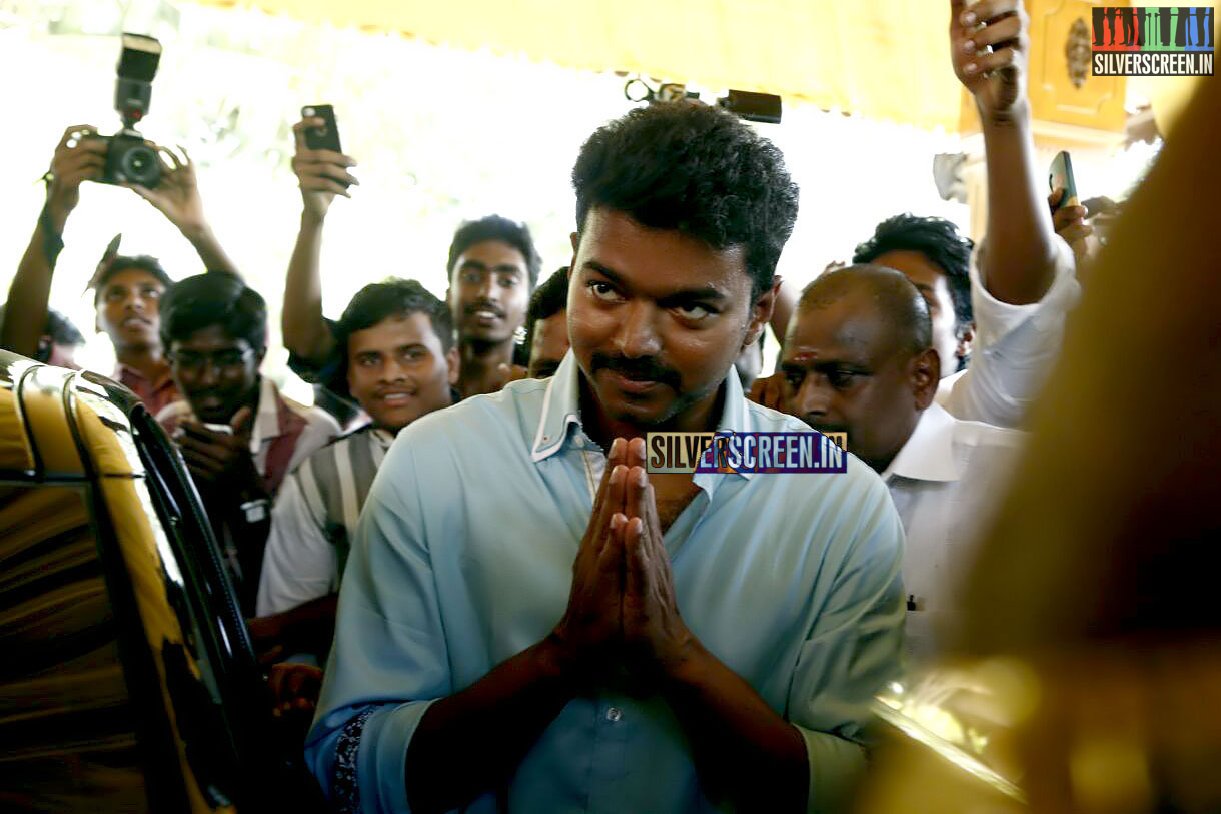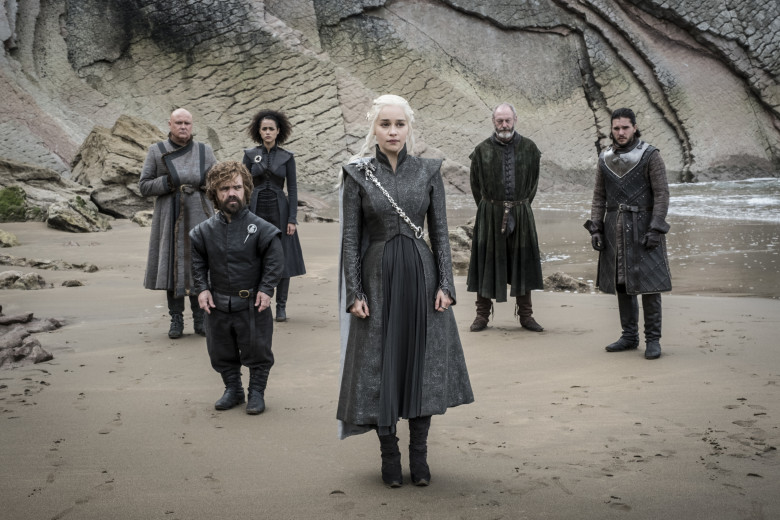Arjun Reddy’s ideas about female sexuality and everlasting romantic love are far less tolerable than its portrayal of misplaced masculinity – at least, the latter is steeped in reality
In early 1981, when revolutionary republicanism was still an inaudible grumble, and Britain was in the throes of royal fever, its citizens were speculating the nature of relationship between whom it considered the most eligible bachelor in the country, and a young kindergarten teacher. Somewhere in London, perhaps the press room of the Buckingham Palace, the said couple was announcing their engagement to a set of TV cameras. Lady Diana Spencer (who would later step out in a beautiful LBD on the night that her husband was to admit to his affair on air), in a prim blue suit, arm-in-arm with Prince Charles, took questions from the press.
BBC Correspondent: “…and I suppose, in love?”
In what would become the most publicised and controversial statement ever, Charles, gallantly let his fiancée answer first (a coy “of course”), before coming up with a response that quite stumped everyone at that time. “Whatever ‘in love’ means,” he’d said, to an awkward pause. While several writers have since dissected the statement, it would continue to be held against him decades later, for the calamity it had portended. While not a pristine analogy, this perhaps best describes the general feeling when Arjun Reddy ends. What does ‘in love’ mean, really? ‘Falling’ for someone at first sight? Sex and pizza? Making decisions for your girlfriend? Arjun Reddy, with a female lead who is far less nuanced and layered than the male, succumbs to popular notions of everlasting romantic love, and a puritanical view of female sexuality.
*****
A moment that occurs towards the end of Arjun Reddy could be right out of a real conversation happening between a travel agent and a woman traveller. Something that had prompted several articles of outrage not a long while ago. Women in India were asked for an NOC from their spouse or their father to travel abroad. In Arjun Reddy, the conversation happens between the eponymous hero and his friend. Arjun (Vijay Deverakonda) wants to reunite with his now married ex-girlfriend. The friend offers up a… friendly warning. You had to seek her father’s permission to wed her last time, now you may have to get her husband’s, he says. The friend chuckles – and, the theatre responds, all full-throated laughter. Arjun then retorts that he doesn’t need the husband’s permission; and just as a fleeting thought occurs that this perhaps is the most progressive line ever in the movie, it’s quickly replaced with the realisation for what it is. Arjun Reddy wants to be the one in control.
The movie props him up to be a brilliant surgeon; brilliant and flawed; brilliant and perpetually angry; brilliant and a misogynist prick. In an earlier scene, he warns almost everyone in the medical college to stay away from his object of interest, for that’s what Shalini Pandey, who plays the meek Preethi Shetty, is. She submits to his advances easily, doesn’t resist when Reddy, in a show of possession, kisses her when they have just met. The campus snickers, but Reddy doesn’t care. You almost admire his nerve, the… brash confidence that there just wouldn’t be any resistance from the woman. When not a flicker of emotion passes over Preethi’s face, there’s a little hope that perhaps there would be a character arc yet unexplored. That perhaps Preethi would be just as brash and brilliant, or more assertive than she is. But Preethi is almost in awe of his cleverness and respect that he commands in the campus, and falls hook, line and sinker for him.
A sick aftertaste lingers when, during an instance, Arjun drags Preethi to meet his rival who has molested her. He doesn’t beat the guy to pulp as he’s wont to do, but drops down to his knees and begs him to leave her alone. In the scene which is infused with questionable intensity, he declares his love for Preethi to the molester, when ironically, she’s right beside him. It’s propped up to be a sweet moment for the couple in love.
 All that is fine, really. If Arjun Reddy wants Arjun Reddy to be an arrogant, misogynist twerp with an inflated ego, and an exaggerated sense of self-worth, so be it – it does make for dramatic characterisation, with a certain …appeal that, even if not socially righteous, would charm the masses as any psychotic but brilliant – and hot – male lead would. Those well-placed shots of Deverakonda’s abs are quite effective that way. What gets you puzzled though are his sudden bursts of social consciousness – in between shouting down his domestic help, and an unsuspecting patient, and trying to force himself on a friend, he tells someone off for ‘objectifying women’. Then, he talks, almost lovingly, about caring for a menstruating woman.
All that is fine, really. If Arjun Reddy wants Arjun Reddy to be an arrogant, misogynist twerp with an inflated ego, and an exaggerated sense of self-worth, so be it – it does make for dramatic characterisation, with a certain …appeal that, even if not socially righteous, would charm the masses as any psychotic but brilliant – and hot – male lead would. Those well-placed shots of Deverakonda’s abs are quite effective that way. What gets you puzzled though are his sudden bursts of social consciousness – in between shouting down his domestic help, and an unsuspecting patient, and trying to force himself on a friend, he tells someone off for ‘objectifying women’. Then, he talks, almost lovingly, about caring for a menstruating woman.
This curious behavior was perfectly dictionarised in an article published in The Wire, about the male lead [Karthi as Varun] in Kaatru Veliyidai, who, like Arjun Reddy, was shown to have a sense of misplaced masculinity:
“The troubling bit about Varun is not his anger and arrogance, but their origins, stemming from a warped notion of masculinity. And yet, he’s the film’s hero. When Leela gets upset with him, he breaks into a song, apologising for his behaviour, saying, “I’ll love you till the end of time”, adding, “this is not an equal relationship; I’m beneath you” and “I’ll love you even if you don’t.” At one moment, he’s angry, unreasonable and domineering, at another he’s sweet and quasi-patronising, calling Leela, “My gorgeous, my angry, my headstrong girl.” It’s difficult to understand this guy, and you often wonder, “Does he really mean what he says?” And that’s when it really hits you – that men like Varun are all around. They’re sophisticated and polite, confident and charming. They like single malt. They’re multilingual and well travelled. They dance well and flirt with ease. They claim to love and respect their women. And yet, deep within, they’re insecure and scared – not that they’re aware of it.
And that’s precisely the most notable achievement of Kaatru Veliyidai – that it takes a regular upper-middle class guy, makes him the film’s hero, and then lays bare his latent toxic masculinity, bit by bit, scene by scene. Kaatru Veliyidai isn’t centred on sexual harassment; it is, in fact, a love story, and that makes the film even more unsettling, for it shows how sexism and patriarchy are deeply internalised in Indian men.”
A D V E R T I S E M E N T
Much like Kaatru Veliyidai, there’s a degree of unrest all through Arjun Reddy, largely thanks to the protagonist. If he’s not kicking up a storm on the football field, he’s harassing someone. Or eyeing a woman he can potentially have sex with. But that’s alright, really – when an actress agrees to his conditional, purely physical relationship – I applaud. Soon enough though, she falls in ‘love’ with him, and Reddy storms out in disgust. But he’s also brilliant, so he’s indulged to an extent that when the movie opens, he’s seen trying to force himself on a woman. He holds a knife to her to make her take her pajamas off. And later, when he meets Preethi, he’s surprisingly delicate – he grooms her as he would a child, chooses friends for her, and degrades plus-sized women in the process (“’fat chicks’ and pretty girls make good friends.”). It’s almost disconcerting to watch. Even after Preethi’s arrival, it’s all about him – but that shouldn’t really be a surprise. While he has mindless sex when he learns of Preethi’s wedding, she, on the other hand, reveals tearfully that she hadn’t let her husband touch even her ‘used clothes’. Beginning to end, between professions of love, sex and pizza, the artful beachside frames of them in bed, the smart manipulation of camera axes to show drug-induced euphoria, and some very intense, infantilising romance, Preethi is seen pleading with him. If earlier it was about letting her stay with him for a few more days, much later, when they are married, she’s heard berating him – against a beautiful backdrop of the sea – for choosing a beachside holiday with a baby in tow.
*****
Recommended
The audience is generally sympathetic to a heartbroken man; Arjun Reddy draws heavily on the sentiment. It’s willing to befriend, trail and share his travails, not unlike the very faithful friend that Reddy has in Shiva who indulges his whims, and leaves a subtle hint for the audience. The film also subscribes to the trope that any and all love is best bookended with a wedding. A surprise, considering the poetic cadence that Arjun Reddy infuses into its first few scenes – delightfully abstract, the voice-over that slips between shots of raw, untouched nature, and a couple in bed, calls out intensely in the end to pursue and re-unite with love. It passes over the same intimate (and lovely) shot of a couple, but this time, the woman plucks a baby out of nowhere, holds her high for the world to see. It almost feels like betrayal, this gradual slip into convention, and declarations of ‘love’ – but that’s something that Arjun Reddy prepares you well for.
*****



